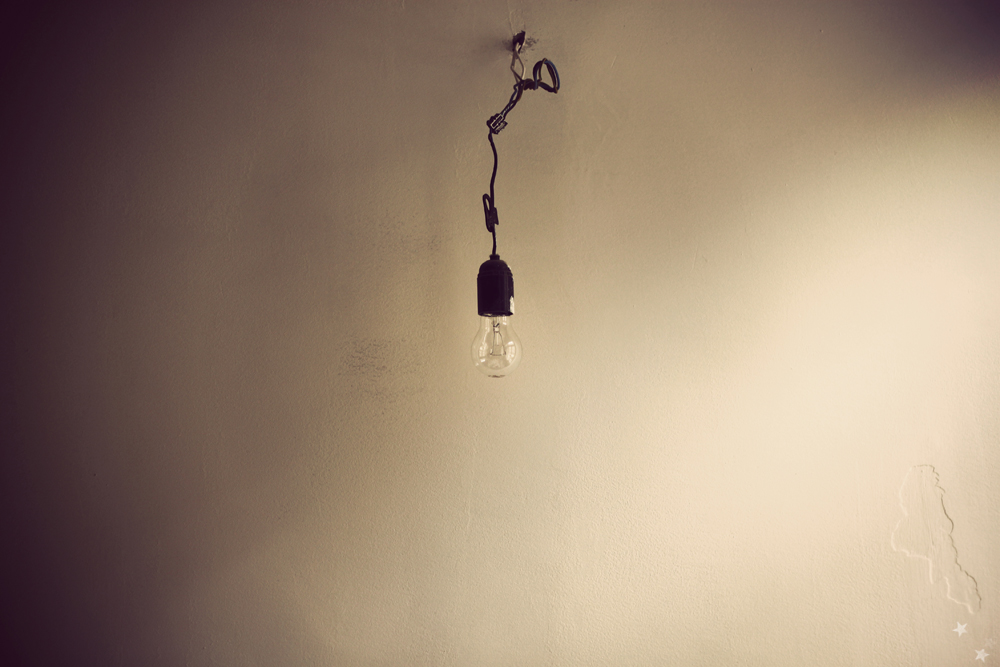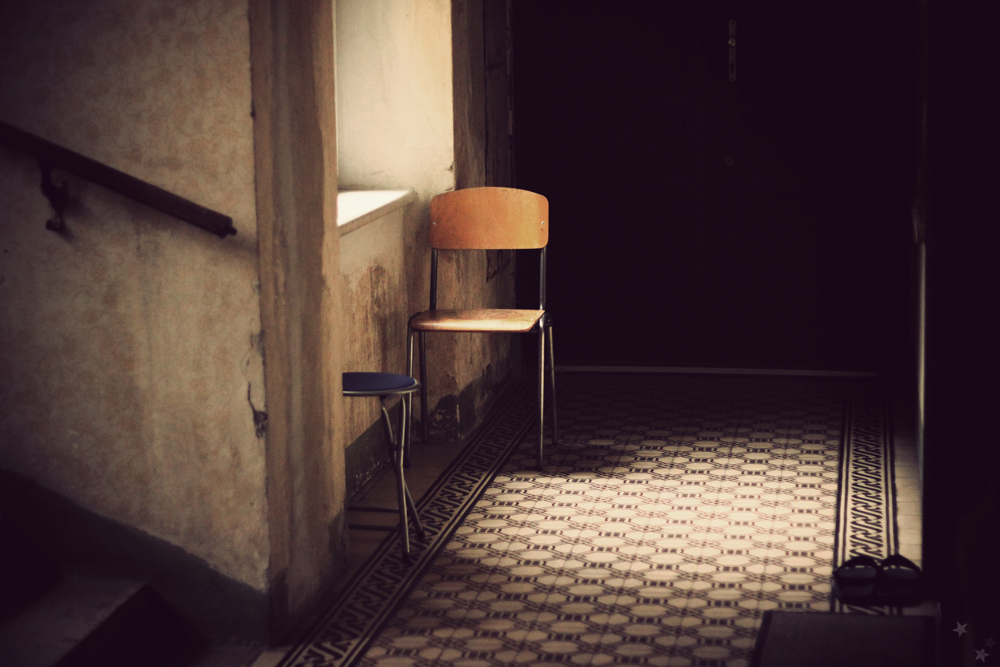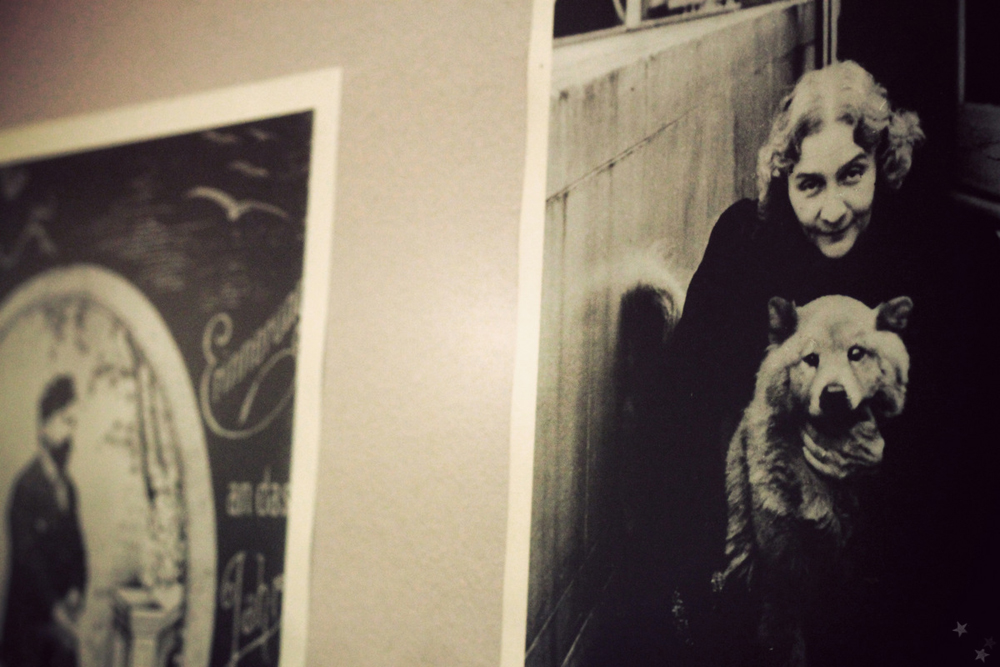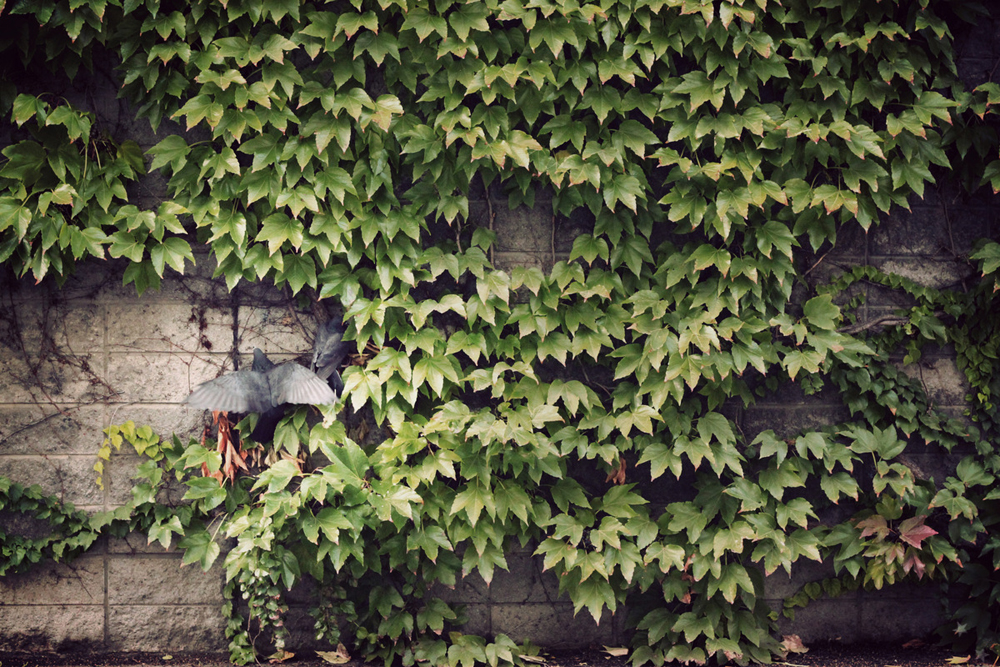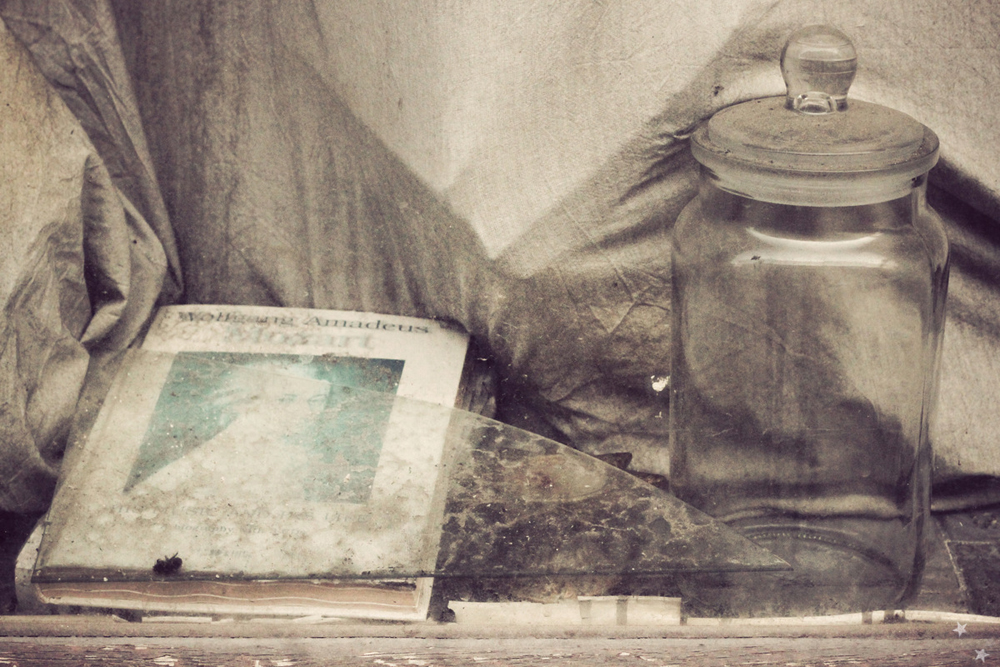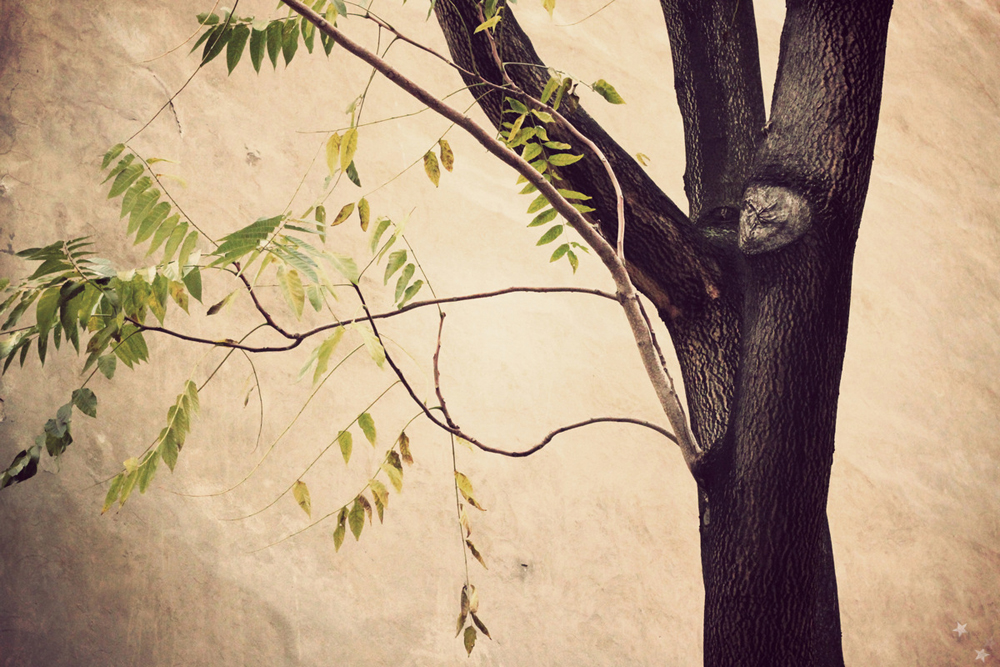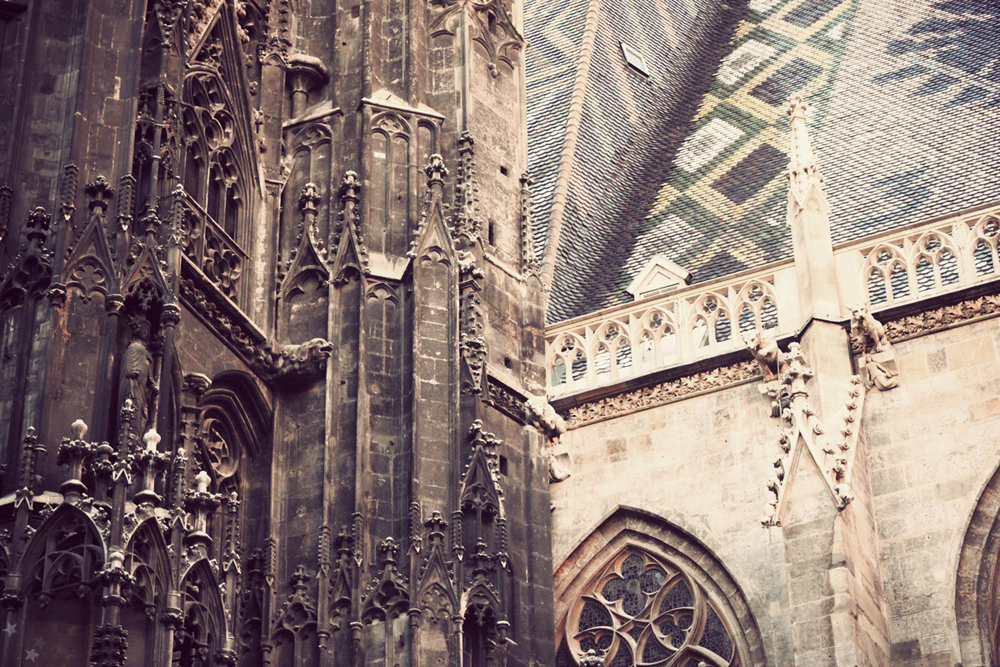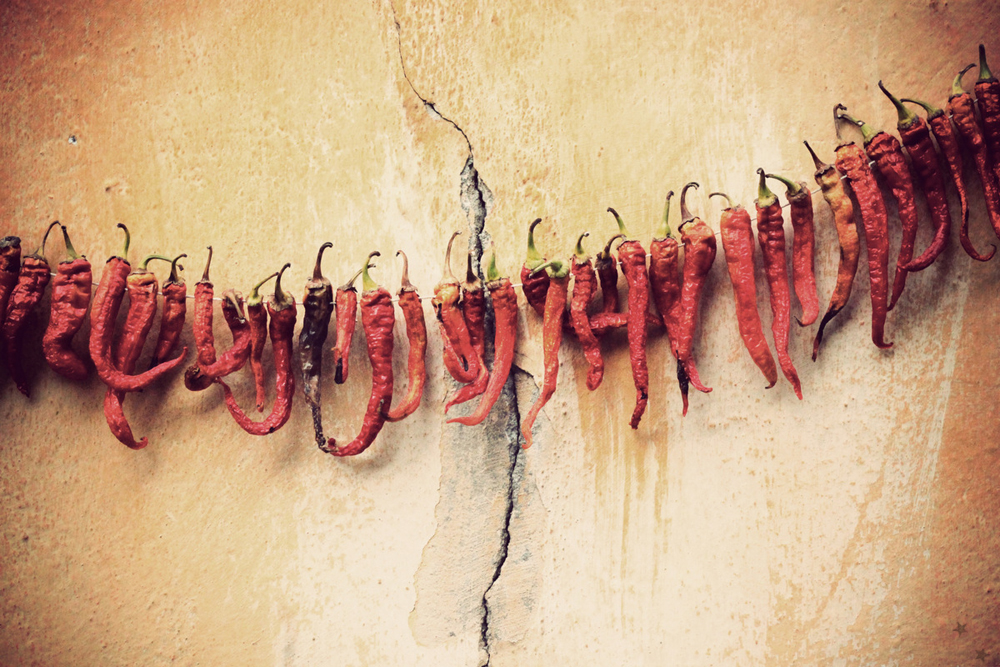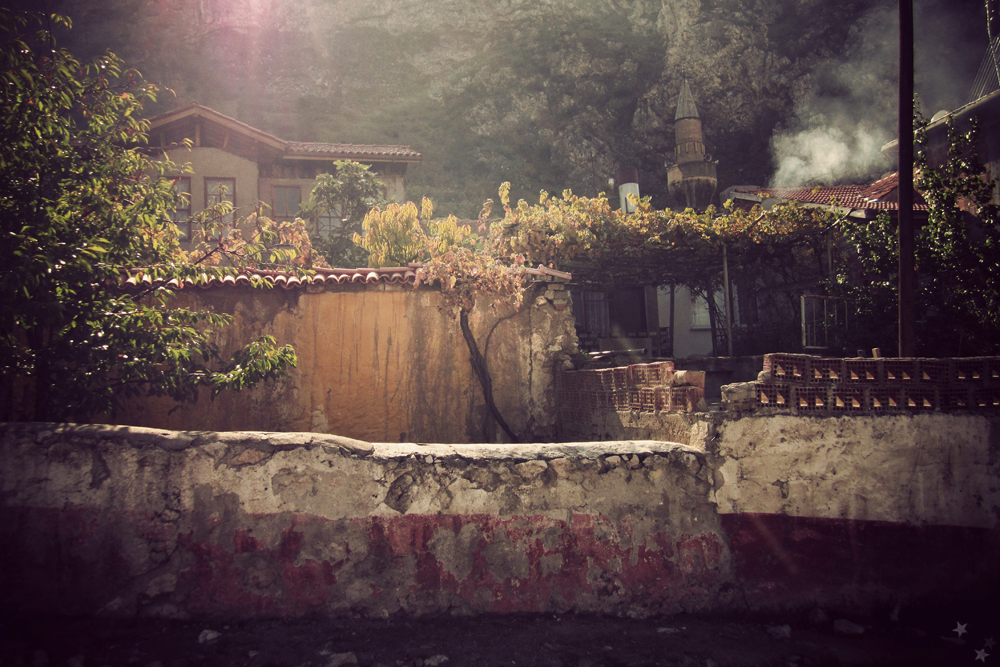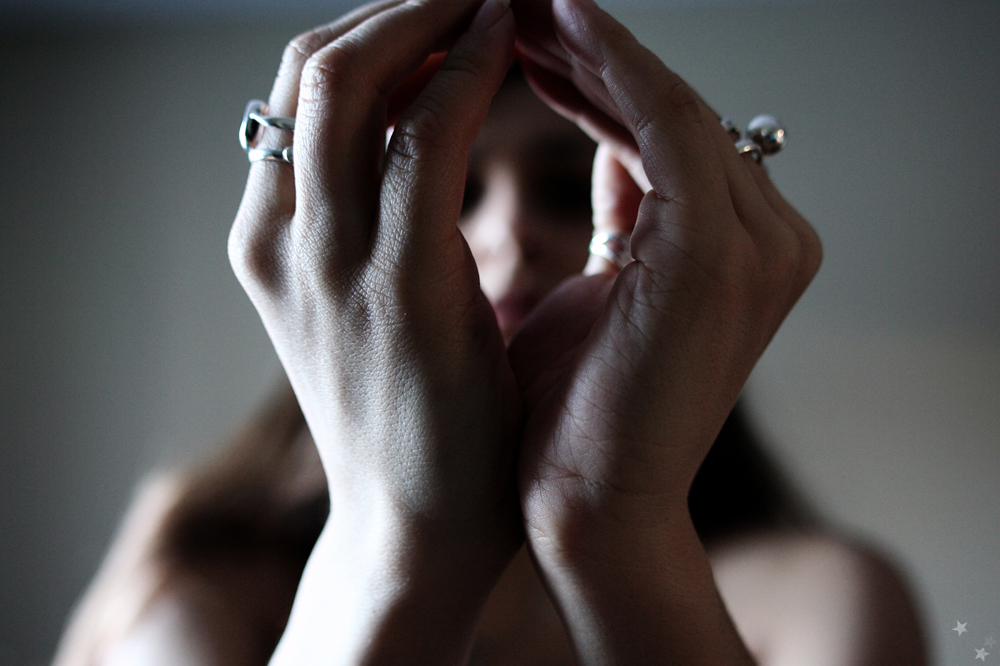
i remember when my mother taught me the word “potelé”, french for “plump”. i was 7. she had observed that a girl in my class, marjorie, had plump hands. i asked her what it meant. she described the roundness of the fingers, the softness in the flesh, the milky skin. i could see what she meant; my hands were quite different from hers, and i didn’t know if i should envy marjorie or not. i often looked at her hands afterward, and the hands of others. i saw their beauty and their peculiar independence in the way that they moved and evoked—uniquely, and full of meaning.
hands are an extension of our breath. we create with our hands. we craft and devise and translate our thoughts into stories, poems, melodies and masterpieces the same way that we use our hands to clean, pick up, press, cook and mime: indistinctly. we offer help with our hands. we caress, we cajole, we mend broken hearts and broken bones with our palms and our fingers. hands often silently communicate that which words cannot.
this may be how i came about to collecting hands. the hands i collect all have a story, and they come from all over the world. some were given to me as treasured gifts from knowing friends, while others i found (or they found me). the hands i collect are different in colour and texture, such as bronze, porcelain, plaster and wood. if a hand cannot be kept, i try to capture its form and shadows through photography.
somewhere hiding in the argentinian depths of patagonia lies a cave (or series of caves) whose walls are covered with paintings of ancient hands. known as cueva de las manos, or “cave of the hands”, this world heritage site bears the immortalised hands of some of the earliest human societies, up to 13,000 years old. most of the hands painted in cueva de las manos are self-portraits: stencilled in and representing individual lives within communities. these hands are a timeless testament to our perennial desire to archive and to communicate. i want to visit these hands. i want to walk through the spaces within which primeval fingers pressed against the rocks so that i may see and show deference to the stories that they shared, thousands of years ago.
an abridged version of this text was published here—please click and star, if you are so inclined.

